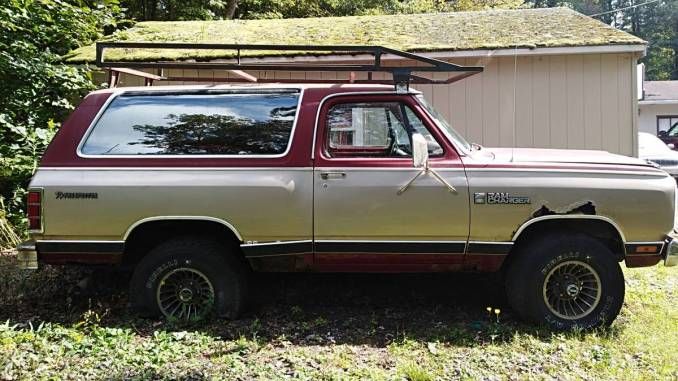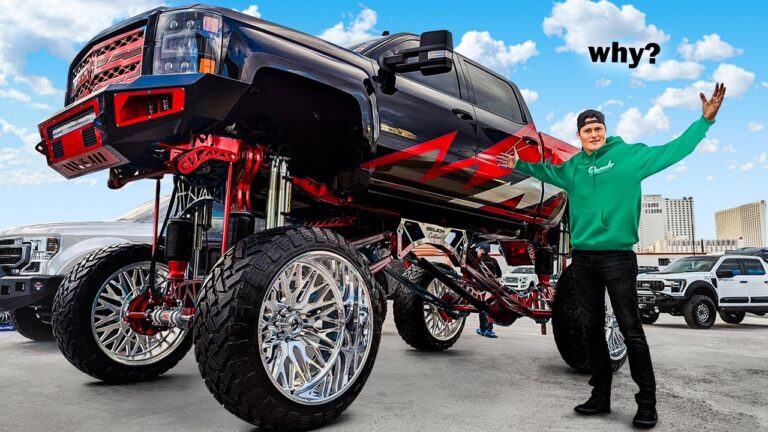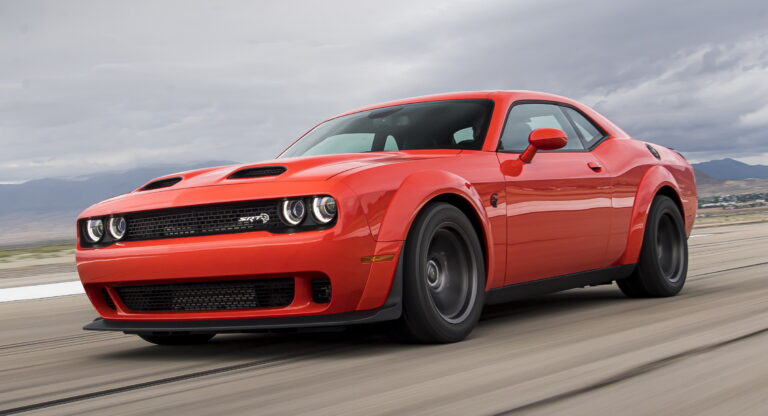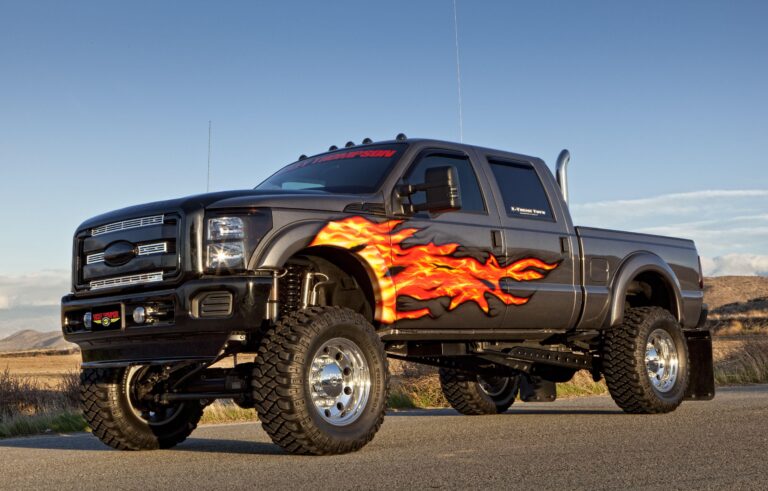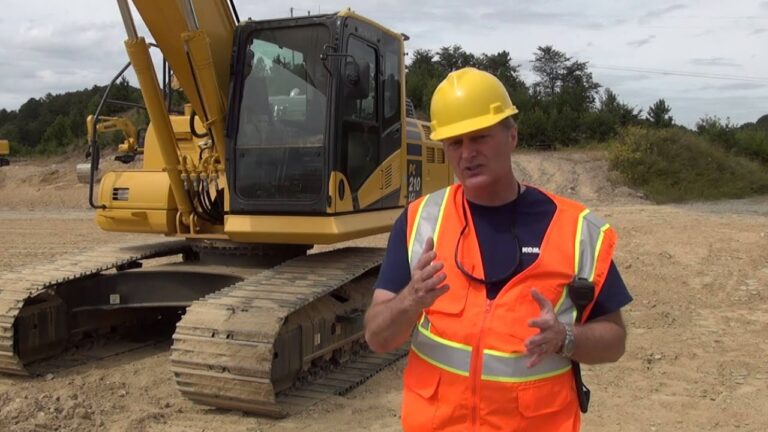Day Cabs Trucks For Sale: Your Comprehensive Guide to Finding the Right Rig
Day Cabs Trucks For Sale: Your Comprehensive Guide to Finding the Right Rig cars.truckstrend.com
The wheels of commerce never stop turning, and at the heart of many local and regional operations are day cab trucks. Unlike their long-haul sleeper counterparts, day cabs are purpose-built for jobs that allow drivers to return home at the end of their shift. They are the workhorses of short-haul logistics, construction, refuse collection, port drayage, and a myriad of other industries where efficiency, maneuverability, and cost-effectiveness are paramount. If you’re in the market for a used day cab truck, understanding their unique advantages, what to look for, and where to find them is crucial for making a smart investment. This comprehensive guide will equip you with the knowledge needed to navigate the "Day Cabs Trucks For Sale" market with confidence.
What Exactly is a Day Cab Truck?
Day Cabs Trucks For Sale: Your Comprehensive Guide to Finding the Right Rig
A day cab truck, simply put, is a semi-truck tractor without the extended sleeping compartment found on over-the-road (OTR) trucks. Its design is compact, featuring only a driver’s cabin, making it ideal for routes that do not require overnight stays. These trucks are designed for maximum functionality in local and regional hauling, where drivers can complete their deliveries and return to a home base within a single workday. Their primary role is to pull trailers, ranging from dry vans and reefers to flatbeds, dump trailers, and specialized equipment.
The importance of day cabs is underscored by their versatility and efficiency. They are the backbone of last-mile delivery, intermodal operations, construction material transport, and waste management. For businesses focused on localized services, a day cab is not just a vehicle; it’s a critical asset that directly impacts operational costs and delivery schedules.
The Unbeatable Benefits of Choosing a Day Cab
Opting for a day cab truck, especially a used one, offers a multitude of advantages for specific operational needs:
- Lower Initial Cost: Generally, used day cabs are significantly less expensive than comparable sleeper trucks. The absence of the sleeper berth reduces manufacturing costs, which translates to a lower purchase price, making them an attractive option for startups or budget-conscious businesses.
- Improved Maneuverability: Their shorter wheelbase allows for tighter turning radii, making them easier to navigate in congested urban areas, construction sites, loading docks, and busy freight yards. This enhanced agility reduces delivery times and improves safety in confined spaces.
- Better Fuel Efficiency (Potentially): While engine size is a primary factor, the lighter weight and more aerodynamic design of a day cab (due to the lack of a sleeper) can contribute to better fuel economy, especially on shorter hauls with frequent stops.
- Reduced Maintenance Costs: Fewer complex systems mean potentially lower maintenance requirements. The simpler design can also lead to easier and quicker repairs.
- Increased Payload Capacity: The lighter tare weight of a day cab allows for a higher payload within legal gross vehicle weight rating (GVWR) limits, maximizing the amount of cargo that can be transported per trip.
- Specialized Applications: Day cabs are perfectly suited for niche operations like refuse collection, concrete mixing, heavy equipment hauling, and port drayage, where long-distance travel isn’t a factor and specialized equipment might be mounted directly behind the cab.

Key Considerations Before You Buy Your Day Cab

Purchasing a used day cab requires careful evaluation. Here are the critical factors to scrutinize:
- Gross Vehicle Weight Rating (GVWR) & Gross Combination Weight Rating (GCWR): Ensure the truck’s ratings align with the weight of the loads you intend to haul. This is non-negotiable for safety and legal compliance.
- Engine & Horsepower: The engine is the heart of your truck. Consider the type of terrain you’ll be operating on (flat vs. hilly) and the typical weight of your loads. Common engines include Cummins, Detroit Diesel, PACCAR, and Volvo. Look for a balance of power and fuel efficiency suitable for your application.
- Transmission Type: Manual transmissions offer greater control and often better fuel economy for experienced drivers, while automatic (or automated manual) transmissions reduce driver fatigue and can be ideal for routes with frequent stops. Match the transmission to your drivers’ skills and operational needs.
- Axle Configuration & Ratio: Determine if you need a tandem axle (most common) or a single axle, and what gear ratio is appropriate for your speed requirements and load weights. A higher numerical ratio (e.g., 3.90) is better for heavy hauling and hills, while a lower ratio (e.g., 3.08) is better for highway speeds and fuel economy.
- Emissions Systems: Be aware of the emissions standards in your operating region (e.g., EPA 2007, 2010, 2013, 2017). Older trucks might not meet current regulations, potentially limiting where you can operate or requiring costly modifications (e.g., DPF, SCR systems).
- Condition and Maintenance History: A thorough pre-purchase inspection by a certified mechanic is paramount. Request detailed maintenance records. Look for signs of neglect, rust, fluid leaks, tire wear, and proper functioning of all lights, brakes, and electrical systems. A well-documented maintenance history indicates a responsible previous owner.
- Mileage and Hours: While mileage is a common indicator of wear, engine hours can be equally important, especially for trucks that spend a lot of time idling. A truck with high mileage but excellent maintenance can sometimes be a better buy than a low-mileage truck with no records.
- Dealer vs. Private Seller vs. Auction: Each has pros and cons. Dealers often offer financing and warranties, but at a higher price. Private sellers might offer lower prices but come with more risk. Auctions can yield great deals but require quick decisions and often "as-is" purchases.

Types of Day Cabs and Their Applications
Day cabs are incredibly versatile, adapted for various specific jobs:
- Local Delivery & Short-Haul Regional: These are the most common, pulling dry vans or reefers for retail distribution, food service, and general freight within a limited radius.
- Construction & Vocational: Often featuring heavier frames, PTOs (Power Take-Offs), and specialized attachments for dump trailers, concrete mixers, or crane operations.
- Refuse & Waste Management: Designed for frequent stops, high torque, and often paired with compactor bodies.
- Port Drayage & Intermodal: Built for heavy loads and tight turns, operating within port facilities and delivering containers to nearby distribution centers.
- Yard Spotters/Hostlers: While often specialized vehicles, some modified day cabs serve as yard spotters for moving trailers around a depot.
The Buying Process: Practical Advice and Actionable Insights
- Define Your Needs: Before you even start looking, clearly outline what you need the truck for. What type of loads? What distances? What’s your budget?
- Set a Realistic Budget: Don’t just consider the purchase price. Factor in sales tax, registration, insurance, initial maintenance, and potential upgrades.
- Research and Shortlist: Browse online marketplaces (TruckPaper, CommercialTruckTrader, MyLittleSalesman), dealer websites, and auction listings. Compare models, prices, and specifications.
- Pre-Purchase Inspection (PPI): This is non-negotiable. Hire an independent, certified heavy-duty truck mechanic to inspect the vehicle thoroughly, including diagnostic scans. This can save you thousands in future repairs.
- Test Drive: Take the truck for a proper test drive under conditions similar to your intended use. Listen for unusual noises, check braking, acceleration, and transmission shifting.
- Review Documentation: Get the VIN and run a history report (e.g., through RigDig or CARFAX for commercial vehicles). Verify ownership, check for accidents, salvage titles, or liens. Examine the maintenance records meticulously.
- Negotiate: Don’t be afraid to negotiate the price, especially if the inspection reveals issues. Be prepared to walk away if the deal isn’t right.
- Financing: Explore financing options early. Banks, credit unions, and specialized commercial truck lenders offer various loan products. Be prepared with your business plan, financial statements, and credit history.
Estimated Price Ranges for Used Day Cabs (USD)
Prices for used day cab trucks can vary dramatically based on make, model, year, mileage, condition, engine type, transmission, and regional market demand. The table below provides estimated ranges for common brands and conditions. These are general guidelines only, and actual prices will vary significantly.
| Truck Age/Condition | Typical Mileage (Approx.) | Example Makes/Models | Estimated Price Range (USD) | Key Considerations |
|---|---|---|---|---|
| Older/High Mileage | 500,000 – 800,000+ | Freightliner FLD/Century, Kenworth T600/T800 (older), Peterbilt 379/386 (older), Volvo VN (older) | $15,000 – $35,000 | Best for short-term, specific tasks; higher maintenance risk. Emissions compliance may be an issue. |
| Mid-Range/Good Cond. | 300,000 – 500,000 | Freightliner Cascadia, Kenworth T680/T880, Peterbilt 579/567, Volvo VNL, International ProStar/Lonestar | $35,000 – $70,000 | Good value; balance of age and life left. Often equipped with modern emissions. |
| Newer/Low Mileage | Under 300,000 | Freightliner Cascadia (newer), Kenworth T680/T880 (newer), Peterbilt 579/567 (newer), Volvo VNL (newer), Mack Anthem | $70,000 – $120,000+ | Closest to new performance; lower immediate maintenance; higher resale value. |
| Specialized/Heavy-Duty | Varies | Kenworth T880, Peterbilt 567 (heavy spec), Mack Granite, Western Star 4700/4900 (often vocational) | $50,000 – $150,000+ | Pricier due to reinforced components, higher horsepower, specialized PTOs, and vocational configurations. |
Disclaimer: These prices are estimates for the used truck market and can fluctuate rapidly based on supply, demand, economic conditions, specific truck features, and location. Always verify current market values.
Frequently Asked Questions (FAQ) About Day Cabs
Q1: What’s the main difference between a day cab and a sleeper truck?
A1: The primary difference is the absence of a sleeping compartment in a day cab. Day cabs are shorter, lighter, and designed for single-day operations, while sleeper trucks have an integrated living space for long-haul drivers.
Q2: Are used day cabs reliable?
A2: Yes, many used day cabs are very reliable, especially if they have a good maintenance history and pass a thorough pre-purchase inspection. Their simpler design can even mean fewer complex systems to break down compared to sleepers.
Q3: What’s considered good mileage for a used day cab?
A3: For a well-maintained heavy-duty truck, mileage between 300,000 and 500,000 miles is often considered "mid-life" and can offer good value. Trucks over 600,000-700,000 miles might require more immediate attention to major components. Engine hours are also important to consider.
Q4: Do I need a CDL to drive a day cab?
A4: Generally, yes. Most day cab trucks have a Gross Vehicle Weight Rating (GVWR) of over 26,001 pounds or are designed to tow trailers with a GVWR over 10,000 pounds, requiring a Class A Commercial Driver’s License (CDL).
Q5: Where are the best places to find day cabs for sale?
A5: Reputable heavy truck dealerships, online marketplaces (TruckPaper.com, CommercialTruckTrader.com, MyLittleSalesman.com), heavy equipment auction sites (Ritchie Bros., IronPlanet), and sometimes private sellers through classifieds.
Q6: How can I finance a used day cab?
A6: Financing options include traditional bank loans, credit union loans, and specialized commercial truck financing companies. Lenders will typically review your business’s financial health, credit score, and the truck’s age/condition.
Conclusion
The market for "Day Cabs Trucks For Sale" is robust and offers significant opportunities for businesses seeking efficient, maneuverable, and cost-effective solutions for their short-haul and vocational needs. By understanding the unique benefits of day cabs, diligently researching your options, performing thorough inspections, and considering all aspects of ownership, you can make an informed decision that drives your business forward. A well-chosen day cab isn’t just a purchase; it’s a strategic investment in your operational efficiency and bottom line. With the right research and due diligence, your next day cab can be a reliable workhorse for years to come.

